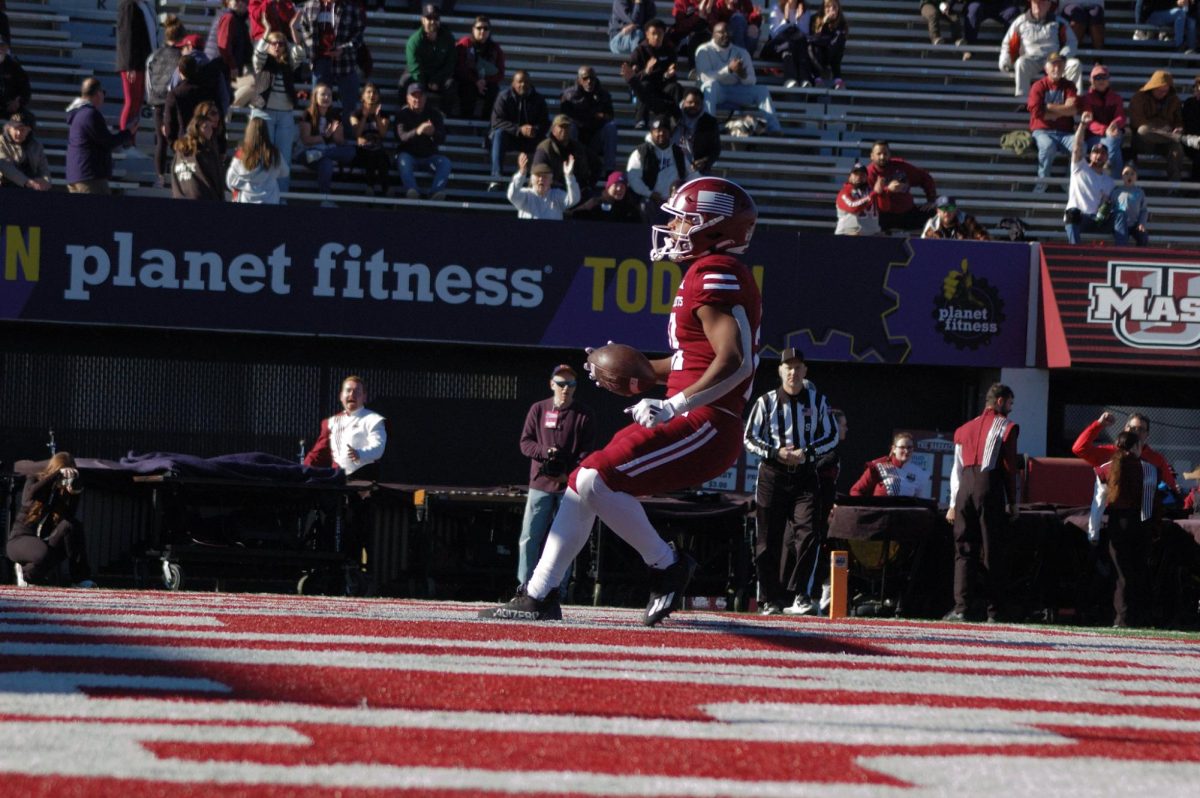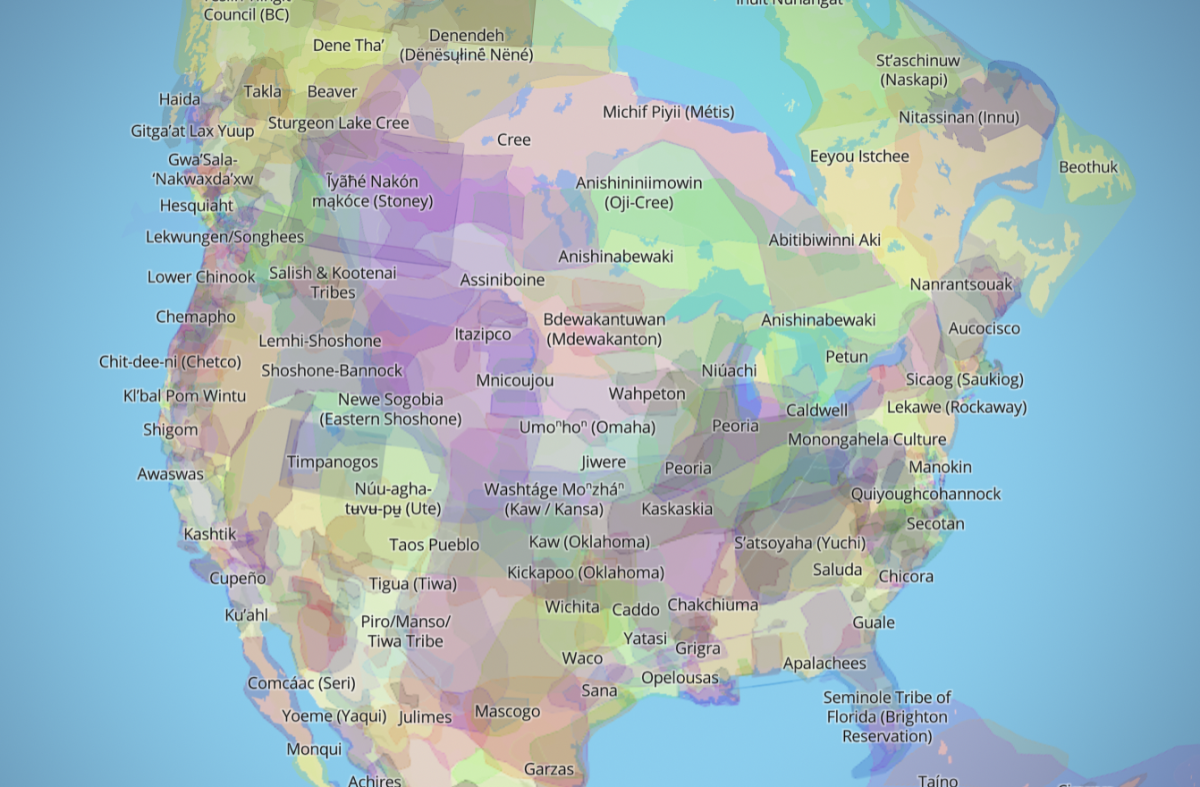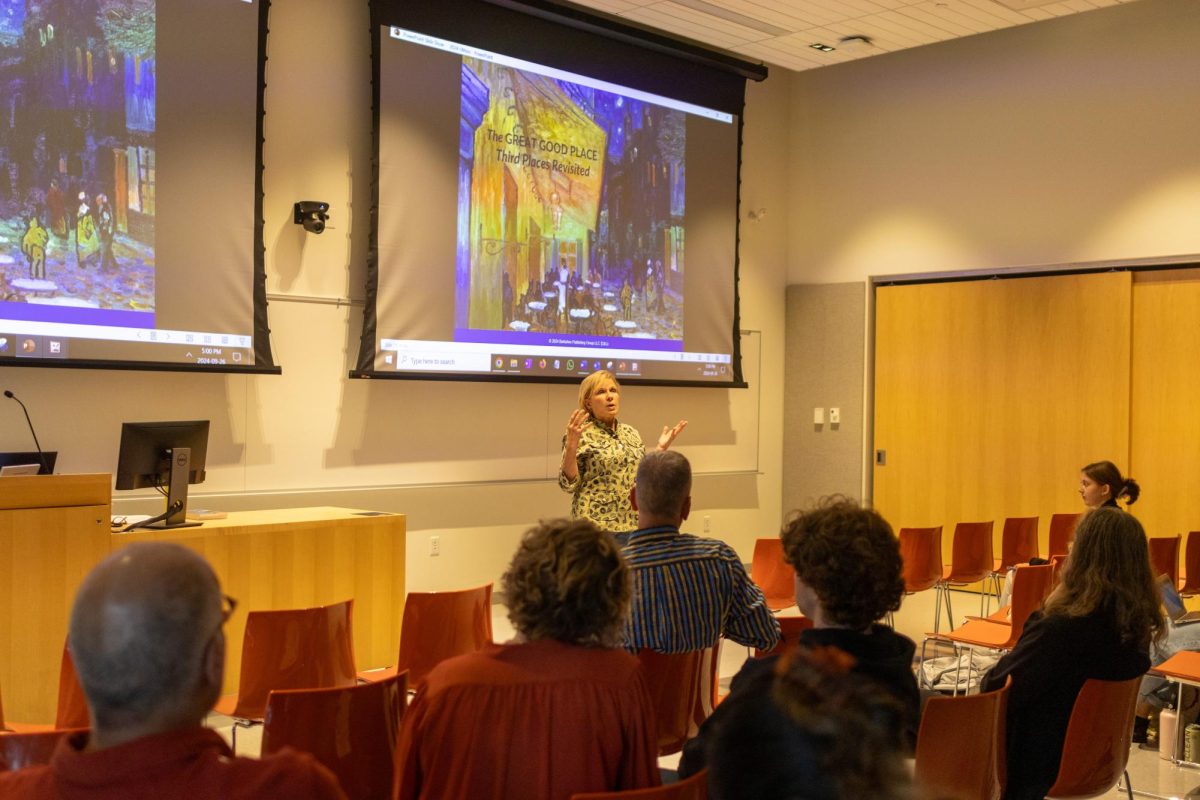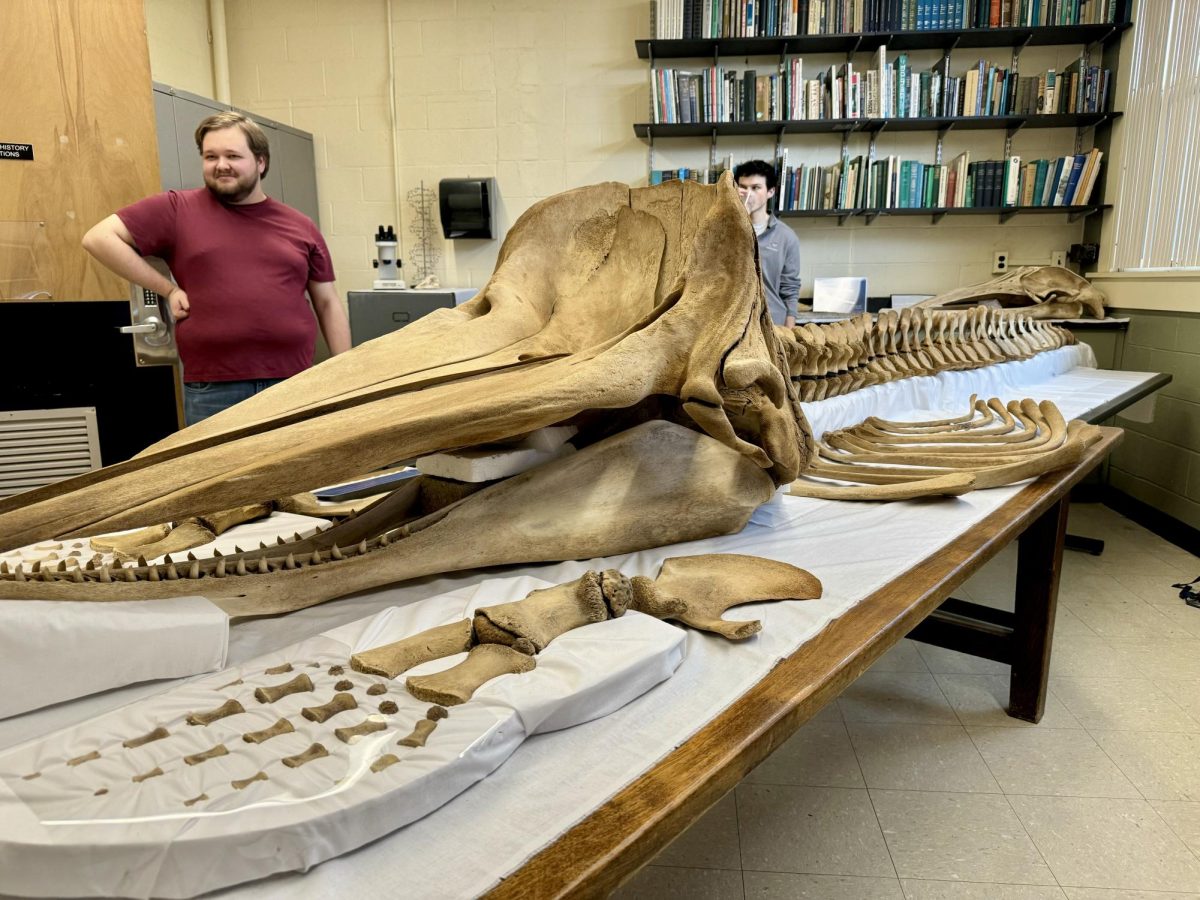
The hamburger, literally a staple of so-called “American” food, could quite possibly be destroying the planet. Climate change, which could be one of the biggest problems this generation will ever have to face could be directly routed to the popular sandwich and the companies that produce them.
The United Nation’s Food and Agriculture Organization (FAO) reported that livestock farming generates 18 percent of the world’s greenhouse emissions in 2006. What’s even more alarming is that, after further studies by The Worldwatch Institute, an institution dedicated to independent research for sustainable pursuits, it was concluded that, according to their reports, “livestock and their byproducts actually account for at least 32.6 billion tons of carbon dioxide per year, or 51 percent of annual GHG emission.”
An entire movement of self-proclaimed “environmental vegetarians” has changed eating habits not because of the typical religious, health or moral reasons, but rather as an effort to combat climate change on an individual basis.
University of Massachusetts professor John Gerber has dedicated his life to programs pertaining to agriculture, natural resources and encouraging personal growth among his students. His course, Sustainable Living, is for, “anyone wanting to learn how to live more lightly on the planet,” he said.
While Gerber has not done any research personally on the topic of meat consumption and the environment, he does feel strongly about the issues surrounding it.
“What you put in your body is the biggest thing a single person can do about climate change,” Gerber said.
Kevin Knobloch, president of the Union for Concerned Scientists, travels the country teaching about the severity of climate change. His focus usually surrounds the political side of the climate change issue. However, he does research the main causes of global warming while seeking for solutions.
Knobloch said that the process of gathering meat is actually contributing to climate change significantly.
“Livestock production for meat is a significant contributor to global warming pollution: From methane emissions from the animals themselves, the cutting down of carbon-sequestering forests to create grazing lands, and the fossil fuel energy that goes into growing livestock feed,” he explained.
“Reducing one’s consumption of meat, even for a couple of days a week, will have a direct, positive impact on reducing these climate emissions,” he added.
One of Knobloch’s scientists in the UCS’s Food and Environment Program, Doug Gurian-Sherman, pointed out the same fact about livestock emitting more carbon dioxide than any form of transportation. He made the point that even though the FAO’s report was accurate, the figure they gave was global.
“In the U.S., agriculture overall (livestock and crops) accounts for only six or seven percent of our emissions – in part because our emissions in other sectors are so high,” Gurian-Sherman said, noting how other scientists have come up with a figure closer to 13 percent.
Richard Stein, founder of the polymer program at UMass and 50-year veteran of the school’s chemistry department, has spent the last eight years of his retirement studying climate change.
“I don’t think that enough people are worried enough about this issue,” Stein said in discussing how excessively we emit carbon dioxide today.
Stein lived in Japan about 10 years ago and said that even in that time before the problem of global warming was as extreme as it is now, that there were factories attempting to make biomass in meat. Biomass, a renewable energy source, could be a major solution to the problems surrounding meat consumption.
“If we ate biomass instead of meat, we would do much better,” Stein explained.
He also noted that in the future he foresees much better and more commonly accepted substitutes for meat that would not only lower emissions, but also prevent the slaughter of countless animals as well.
Stein added that people are nowhere near as concerned about the issue of climate change as they should be, and with the problems only mounting daily, it is crucial that they enter the public eye with even more frequency.
“Many people are selfish,” Stein said, “they want to live the good life today and leave the problems to their descendants.”
Ashley Siegel can be reached at [email protected]













james scotto • Dec 25, 2010 at 11:50 am
David – I was once young and naive too. One day you will realize how horribly animals are treated for senseless reasons like the selfishness you are displaying. You will realize that factory farming is destroying the planet in many ways.
ruby L • Dec 24, 2010 at 6:29 pm
Thanks for sharing this important information! Our media and politician are focusing too much on CO2 emissions from transportation, from coal mines, etc., ignoring this simple solution! Thanks a million!
sharon duffy • Dec 24, 2010 at 5:40 pm
So many people, like Dave Hunt, believe that they are not going to be part of the future that they are helping to create. That somehow their actions will have no impact on the future of the planet. A very dangerous philosophy if we are to have any quality of life on the only eco-system we will ever know.
Amber Thompson • Dec 24, 2010 at 4:30 pm
What a load of bovine excrement.
Vladimir. • Dec 24, 2010 at 3:59 pm
People brutally kill hundreds million innocent animals and then destroy their own health by eating garbage like that. Especially those who eat beef just live short life.
Katherine • Dec 24, 2010 at 3:37 pm
Even though that is a funny comment, it really is destroying the world. Still, I can appreciate the humor to an extent.
David Hunt '90 • Dec 3, 2010 at 9:26 am
I KNEW there was a reason I love beef so much.
Eat beef; annoy a watermelon (green on the outside, pinko on the inside).